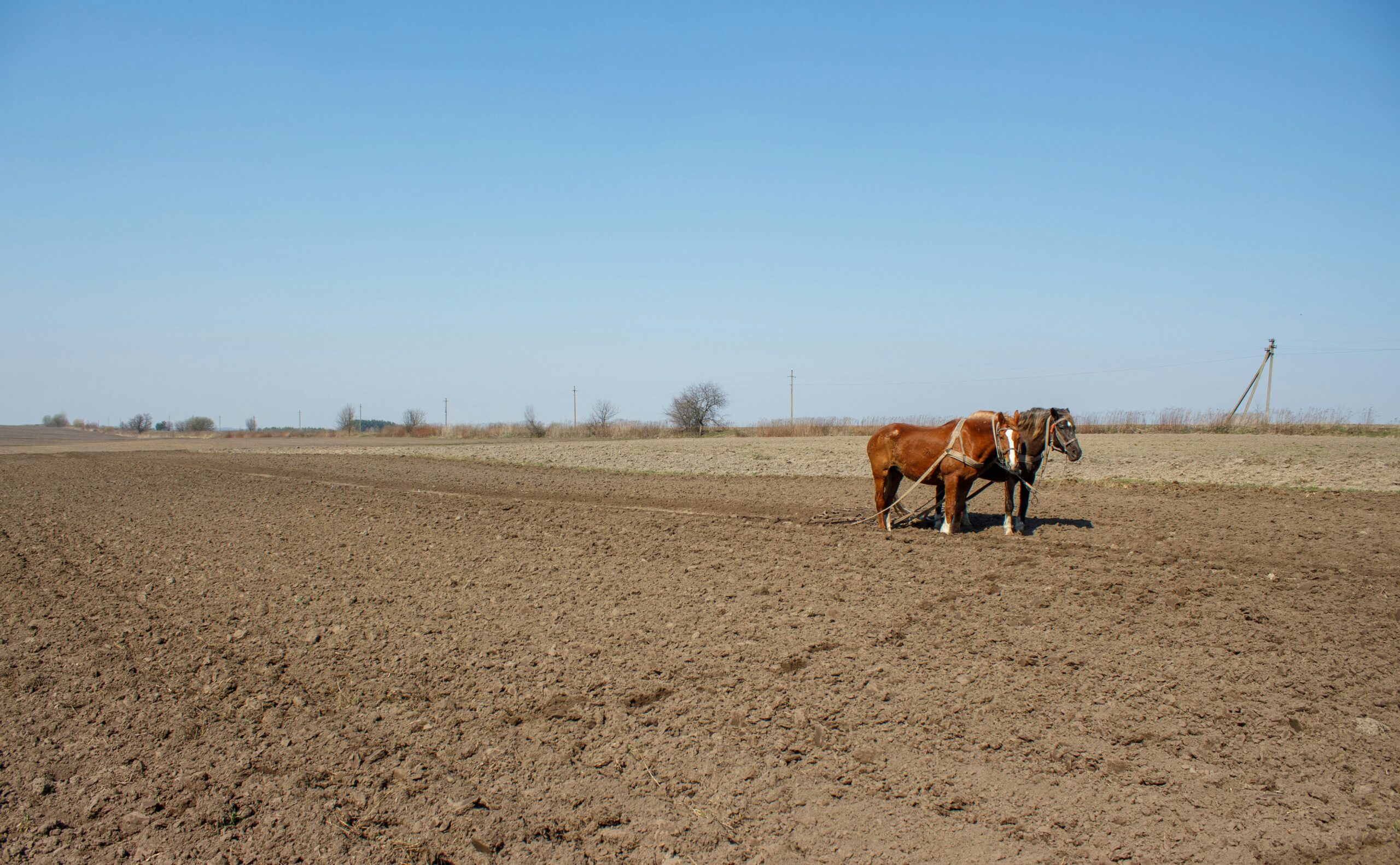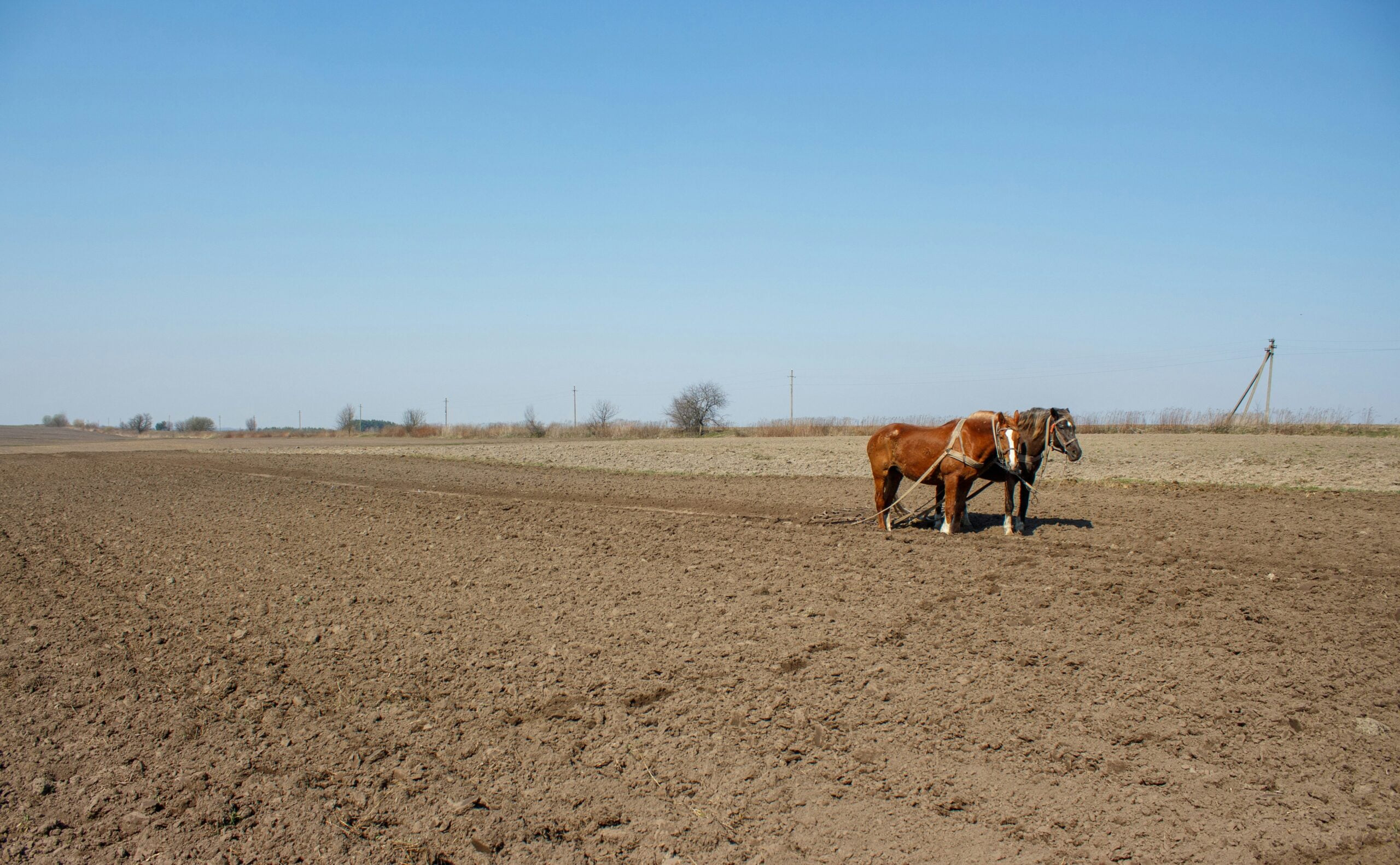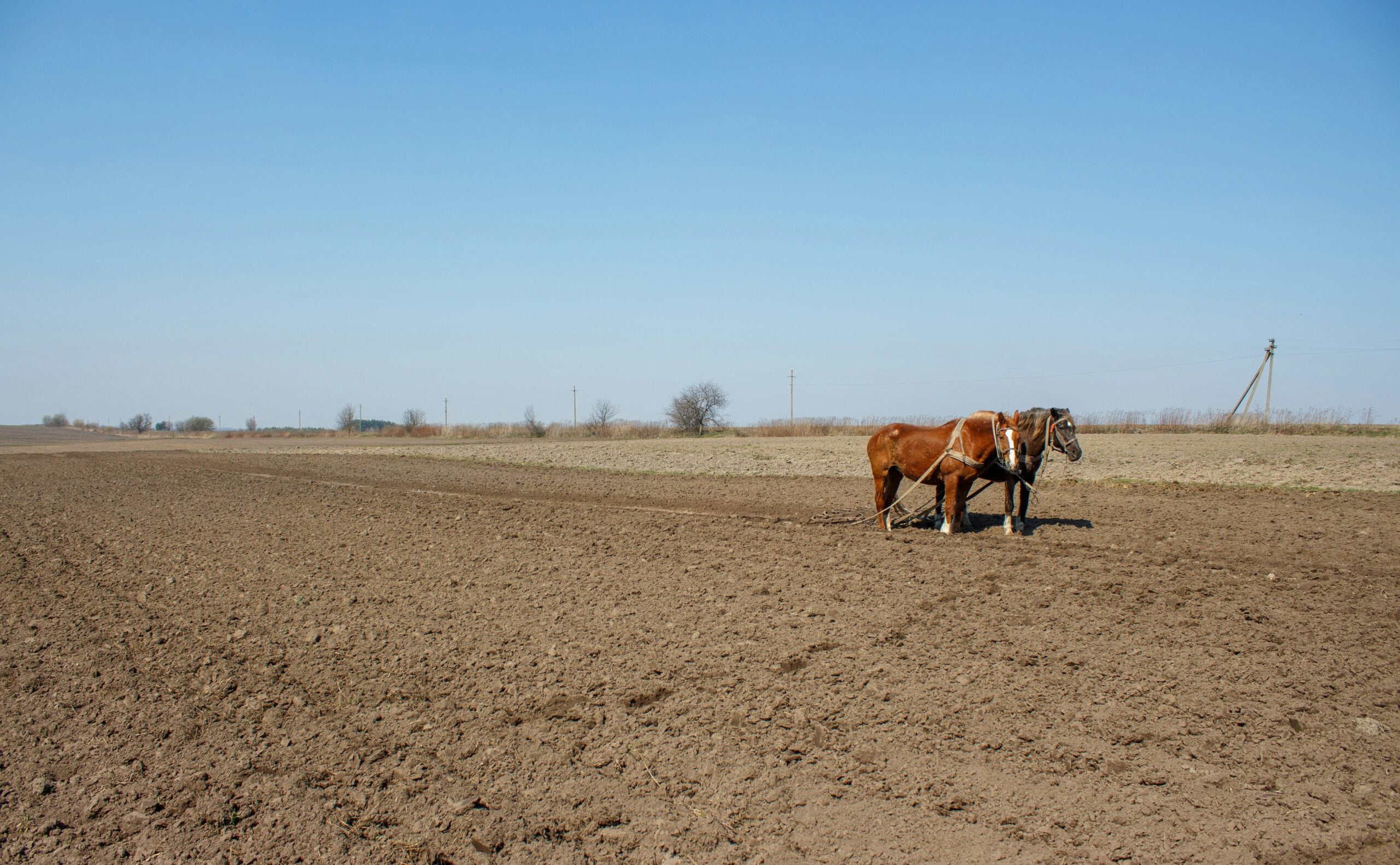“`htmlExplore the diverse opportunities available for farm workers in Canada, from general laborers to specialized roles in livestock care and machinery operation. Learn about the LMIA process, job search strategies, visa sponsorship, and the perks such as free visa processing and air tickets. Understand the compensation packages, additional benefits, and challenges foreign workers face in Canada’s agricultural sector.
Introduction to Farm Worker Jobs in Canada
Canada’s agricultural sector stands as a cornerstone of its economy, presenting a diverse array of employment opportunities for both local and foreign workers. The nation is renowned for its extensive farming industry, characterized by a wide range of crops and livestock. This vibrant industry not only supports domestic food security but also positions Canada as a significant player in the global agricultural market.
One of the primary reasons Canada is an attractive destination for foreign farm workers is the sheer size and diversity of its agricultural landscape. From the vast wheat fields of the Prairies to the fruit orchards of British Columbia, and the dairy farms in Ontario, the country offers a plethora of seasonal and year-round employment opportunities. These jobs are instrumental in driving the agricultural sector’s productivity and ensuring that operations run smoothly throughout the farming cycle.
Moreover, the high demand for farm workers in Canada is fueled by several factors. The country’s large-scale farming operations often require additional manpower to meet seasonal peaks, such as planting and harvest periods. Additionally, the aging population in the rural workforce has created a gap that foreign workers are well-positioned to fill. This demand creates a symbiotic relationship where foreign workers can pursue rewarding employment opportunities while contributing to Canada’s agricultural success.
The Canadian government has also recognized the importance of foreign workers in sustaining the agricultural sector. As a result, various immigration programs have been introduced to facilitate the entry of farm workers into the country. These programs are designed to attract skilled laborers to meet the agricultural demands, ensuring that farms remain productive and competitive on a global scale.
In essence, the combination of a robust agricultural industry, a high demand for labor, and supportive immigration policies makes Canada an enticing destination for foreign farm workers. Understanding the landscape of farm worker jobs in Canada is the first step towards unlocking these opportunities and embarking on a fulfilling career in agriculture.
Types of Farm Worker Jobs Available in Canada
Canada’s agricultural sector offers a diverse array of farm worker roles, catering to both general laborers and those with specialized skills. Understanding the various positions available can help prospective workers better align their skills and career goals with employers’ needs in the industry.
General laborer positions are abundant and typically involve tasks such as planting, harvesting, and maintaining crops, as well as cleaning and maintaining farm infrastructure. These roles do not usually require formal education, making them accessible to many job seekers. However, physical stamina and a willingness to work in varying weather conditions are essential attributes for these positions.
Specialized roles, on the other hand, often demand specific skills and experience. For instance, livestock care positions involve the daily care and management of farm animals, including feeding, milking, and monitoring animal health. Workers in these roles need a good understanding of animal behavior and basic veterinary knowledge. Training or certification in animal husbandry may be a prerequisite for these positions.
Machinery operators are another vital segment within the agricultural workforce. These workers are responsible for operating and maintaining various types of equipment, such as tractors, harvesters, and irrigation systems. Expertise in machinery operation, along with minor repair skills, is crucial. Workers in these roles often benefit from having formal training in agricultural machinery or a related field.
Beyond entry-level and skilled positions, there are opportunities for career progression in the agricultural sector. Individuals demonstrating exceptional performance and leadership capabilities can advance to supervisory or managerial roles. These positions often involve overseeing farm operations, managing staff, and ensuring compliance with safety and environmental regulations.
The availability of different types of farm worker jobs ensures that there is a place for a wide range of skills and experiences in Canada’s agricultural sector. Whether seeking steady employment or aspiring to grow within the industry, foreign workers can find numerous opportunities to contribute to and prosper from the agricultural economy.
Understanding the LMIA Process
The Labor Market Impact Assessment (LMIA) is a critical step for foreign workers aspiring to find general farm worker jobs in Canada. The LMIA is a document that an employer in Canada must obtain before hiring a foreign worker. It serves to demonstrate that there is a genuine need for a foreign worker to fill the job and that no Canadian citizens or permanent residents are available to do the work. The significance of an LMIA cannot be overstated, as it plays a pivotal role in the visa application process for foreign workers.
To obtain an LMIA, employers need to follow a series of steps meticulously. Initially, they must advertise the job opening in the Canadian labour market through various channels, such as job boards, newspapers, and online platforms. This effort ensures that Canadian citizens and permanent residents have access to the opportunity before it is offered to foreign workers. Employers are required to prove that they have made reasonable and genuine efforts to hire locally but were unsuccessful, which justifies the need for a foreign worker.
Once the advertising requirements are met, the employer submits an LMIA application to Employment and Social Development Canada (ESDC). This application includes details about the job position, the wage being offered, and the working conditions, among other pertinent information. ESDC reviews the application to assess the potential impact of hiring a foreign worker on Canada’s labour market. If the assessment is favorable, an LMIA is issued, indicating that the employer can proceed with hiring a foreign worker.
An approved LMIA significantly impacts the foreign worker’s visa application. The positive LMIA must be included with the work permit application submitted to Immigration, Refugees and Citizenship Canada (IRCC). This document corroborates that the employer is authorized to hire a foreign worker for the specified role. Consequently, having a positive LMIA enhances the foreign worker’s chances of obtaining a work permit, thereby facilitating their employment in Canada.
Understanding and navigating the LMIA process is essential for both employers and foreign workers. Successfully obtaining an LMIA is a testament to the necessity of the foreign worker and is a crucial step toward securing a work permit in Canada.
How to Secure Employment: Job Search Strategies
Securing general farm worker jobs in Canada as a foreigner requires a robust job search strategy, leveraging various platforms and networking opportunities. One effective approach is utilizing popular job search websites such as Job Bank, Workopolis, and Indeed. These platforms frequently list farm worker positions, offering a broad range of opportunities that cater to different skill levels and experience. Setting up job alerts can also be beneficial, ensuring that you are promptly notified of new job postings.
Networking is another crucial strategy. Joining relevant social media groups, forums, and online communities can connect you with individuals and professionals already working in the Canadian agriculture sector. These connections can provide invaluable insights and potentially lead to job referrals. Additionally, attending agricultural fairs and industry events, either in-person or virtually, can open doors to networking with employers and industry experts.
Direct contact with Canadian farms is another strategic approach. Many farms welcome inquiries from potential employees. Research and identify farms that regularly hire international workers and send them a well-crafted email expressing your interest. It’s essential to personalize each communication and demonstrate a genuine interest in their operations.
Preparing a Canadian-style resume and cover letter is vital in making a strong first impression on potential employers. A Canadian-style resume should be concise, typically not exceeding two pages, and should highlight relevant work experience, skills, and education. Tailor your resume for each job application, ensuring that it aligns with the specific requirements listed in the job description. The cover letter should complement your resume, emphasizing your suitability for the role and your enthusiasm for working on a Canadian farm.
Adopting these job search strategies effectively increases the likelihood of securing a general farm worker position in Canada. By utilizing job search websites, proactively networking, and reaching out directly to farms, coupled with a well-prepared resume and cover letter, you will significantly enhance your employment prospects in the Canadian agriculture sector.
Visa Sponsorship and Application Process
Securing a work visa is a fundamental step for foreigners aspiring to find general farm worker jobs in Canada. The first consideration is understanding the various types of work visas available. The most common visa for agricultural work is the Temporary Foreign Worker Program (TFWP). This program allows Canadian employers to hire foreign nationals when there are no suitable Canadian workers available. Another relevant option is the Seasonal Agricultural Worker Program (SAWP), which specifically caters to seasonal farm labor needs.
The application process typically begins with obtaining a job offer from a Canadian employer who is willing to sponsor the foreign worker. This employer must also secure a Labour Market Impact Assessment (LMIA) from Employment and Social Development Canada (ESDC). The LMIA verifies that hiring a foreign worker will not negatively impact the Canadian labor market. Once the LMIA is approved, the employer provides a copy to the prospective worker, who can then proceed to apply for a work permit.
To apply for a work permit, the foreign worker must gather several key documents, including a valid passport, proof of job offer, a copy of the LMIA, and sometimes police certificates and health assessments. Completing the application forms accurately and submitting them along with the required fees is crucial. Applications can be submitted online or through a Visa Application Centre (VAC) if available in the applicant’s country.
Visa sponsorship by Canadian employers is a vital part of this process. Sponsorship means that the employer takes responsibility for facilitating the worker’s entry into Canada by providing necessary documentation and sometimes covering related costs. Foreign workers should expect their prospective employers to guide them through the LMIA process and possibly offer assistance with accommodation and local arrangements once they arrive in Canada.
Overall, navigating the visa sponsorship and application process can be intricate, but with the right knowledge and preparation, it becomes manageable. Foreign workers should ensure they meet all the requirements and follow each step diligently to enhance their prospects of obtaining a work visa for Canada.
Perks and Benefits: Free Visa and Air Ticket Options
One of the most attractive incentives for foreign workers seeking general farm worker jobs in Canada is the prospect of free visa processing and air tickets provided by certain Canadian employers. This benefit not only reduces the financial burden associated with international relocation but also serves as a testament to the commitment of these employers in supporting their workforce.
For instance, companies such as Maple Leaf Foods and other prominent agricultural firms often collaborate with recruitment agencies to cover the costs of visa processing and air travel for their foreign employees. Such initiatives are part of a broader strategy to attract skilled labor to Canada’s thriving agricultural sector, which is facing significant labor shortages.
Individuals like Maria from the Philippines, who secured a job with a major farm company in British Columbia, have shared their success stories to encourage potential applicants. Maria’s employer handled all necessary paperwork for her visa and arranged her flight to Canada. This support not only eased her transition but also allowed her to focus on her new role without financial stress.
To find opportunities that include free visa and air ticket benefits, job seekers should start by researching employers known for offering these incentives. Using keywords like “visa sponsorship,” “free air ticket,” and “relocation support” in job search engines and platforms can lead to relevant results. Additionally, connecting with overseas employment agencies specializing in Canadian farm jobs can be a valuable resource, as these agencies are often aware of employers providing these perks.
Job seekers should also consider networking with former or current employees through social media platforms and professional networks. These individuals can offer insights into potential employers and share firsthand experiences of receiving such benefits. By taking these steps, aspiring farm workers can increase their chances of finding employers who offer free visa processing and air tickets, making the dream of working in Canada more attainable.
Salaries and Compensation in Canadian Farm Jobs
The salaries for general farm worker positions in Canada can vary significantly depending on several factors including the region, type of farm, and the worker’s level of experience. On average, the hourly wage for a farm worker ranges from CAD 11.75 to CAD 20.00. In certain high-demand agricultural sectors or regions with a higher cost of living, wages can even exceed this range, offering more lucrative opportunities.
Experience plays a pivotal role in determining a fair compensation package. Workers with specialized skills or previous experience in agricultural settings can expect to be on the higher end of the pay scale. Entry-level positions, on the other hand, might start at the lower end but often come with opportunities for overtime, which is compensated at a higher hourly rate.
Geographic location is another critical factor; for instance, farm workers in provinces like Alberta, British Columbia, and Ontario might receive higher wages compared to those in the more rural or less agriculturally dominant provinces. This discrepancy is primarily due to the varying cost of living and economic conditions in these areas.
In addition to monetary compensation, many employers provide a range of benefits aimed at making the farm worker positions more attractive. Housing is often included as a part of the employment package, significantly reducing the cost burden for foreign workers. Some farms provide shared accommodation or subsidized housing close to the work site. Additionally, meal provisions are sometimes offered, ensuring workers are well-fed, which is particularly important during peak seasons and extended work hours.
Healthcare coverage is another significant benefit that many Canadian farm employers offer. It includes basic medical insurance, which is essential for foreign workers who might not have immediate access to Canada’s healthcare system. This coverage typically includes emergency medical services, routine check-ups, and sometimes even dental care.
These additional benefits of housing, meal provisions, and healthcare not only enhance the overall compensation package but also contribute to the well-being and satisfaction of the farm workers, thereby fostering a more committed and productive workforce. Understanding the comprehensive nature of these compensatory offerings helps in making an informed decision when seeking farm work opportunities in Canada.
Challenges and Tips for Foreign Farm Workers
Working as a general farm worker in Canada presents unique challenges for foreign nationals. One of the most common difficulties is overcoming cultural differences. Adapting to new social norms and practices can be a daunting task, especially for those coming from vastly different cultural backgrounds. To help ease this transition, it is advantageous to engage with community support groups that can offer guidance and a sense of camaraderie among peers facing similar experiences.
Another significant challenge for foreign farm workers is language barriers. Communicating effectively with employers and co-workers is crucial for safety and productivity on the farm. Various language learning tools, such as language exchange programs, online courses, and apps like Duolingo or Rosetta Stone, can be instrumental in improving language skills. Participating in local language clubs or community classes can also provide invaluable practice and networking opportunities.
Adapting to Canada’s climate is another hurdle for many foreign workers. Agricultural work can be physically demanding, and the Canadian weather can be extreme, with harsh winters and hot summers. To cope with these conditions, it’s essential for workers to prepare adequately by investing in appropriate clothing and gear. Understanding local weather patterns and taking regular breaks to stay hydrated and rest can also mitigate the stress caused by drastic temperature changes.
Labor rights and regulations can often be confusing, particularly for those unfamiliar with Canadian laws. It is crucial for foreign farm workers to be aware of their rights, including fair wages, safe working conditions, and the right to join labor unions. Organizations such as the Canadian Labour Congress and local legal aid societies offer support and resources to help workers understand and exercise their rights. Access to these resources ensures a more secure and fair working environment for everyone involved.
Navigating these challenges can be overwhelming, but with adequate preparation and support, foreign farm workers can successfully adapt and thrive in their roles. Utilizing the available resources and seeking community connections can significantly ease the transition and enhance the overall farm work experience in Canada.





